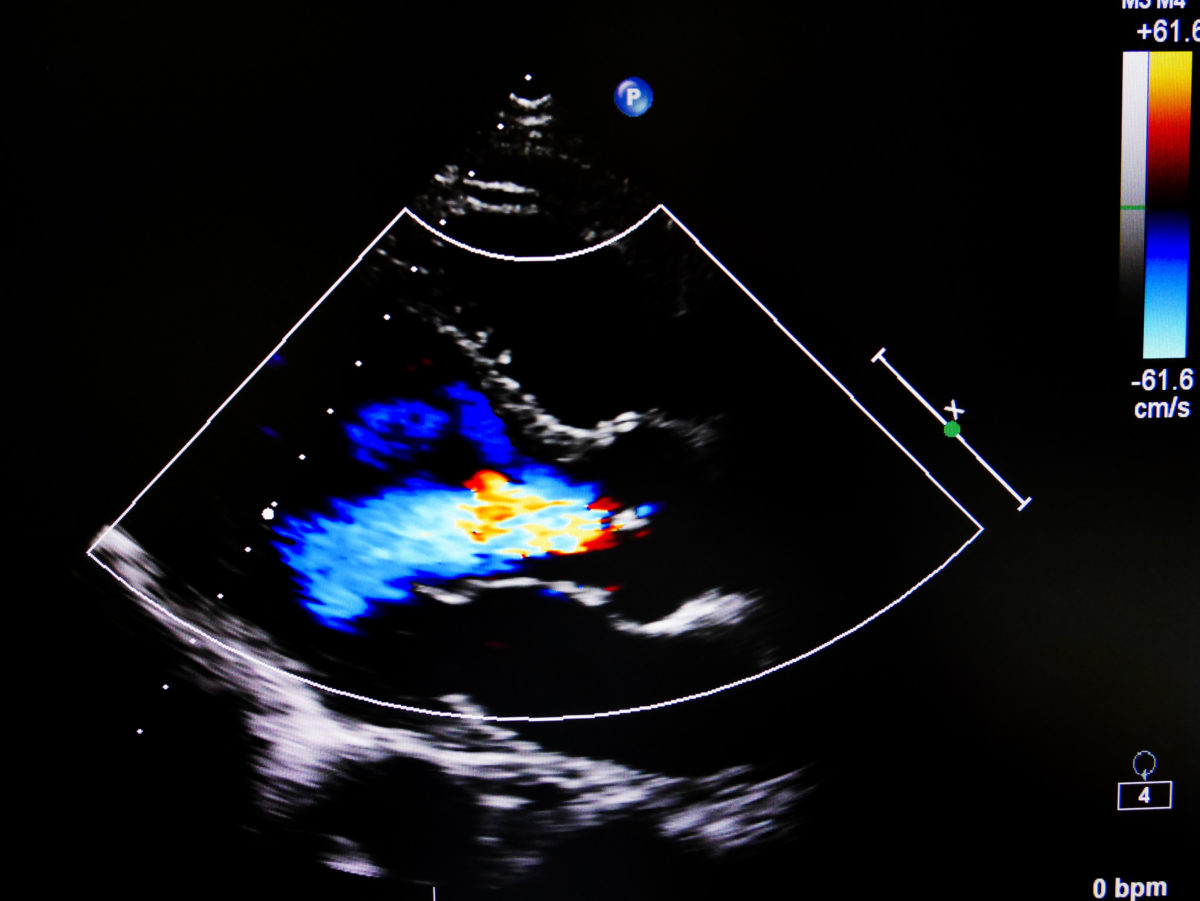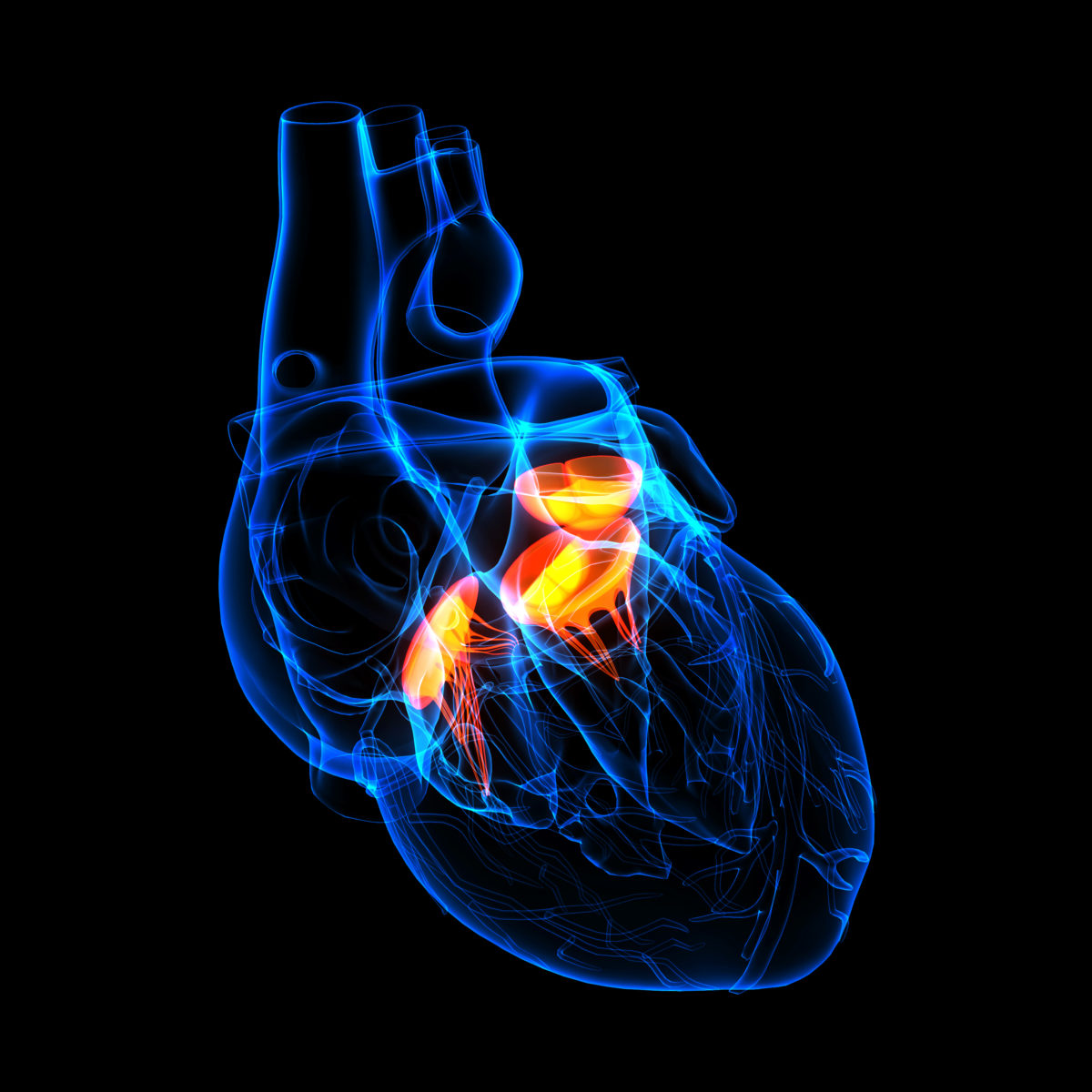During your annual physical, a doctor will listen to your heart with a stethoscope. If the doctor hears anything troubling or odd, he or she will recommend that you have an echocardiogram done on your heart. What is an echocardiogram? An echocardiogram (echo) will show doctors the size, structures, and movements of the parts within your heart. Through this test, a doctor will be able to determine several things, including: the size of your heart, the state of your heart muscles, heart valve problems, problems with your heart’s structure, and signs of blood clots or tumors.
During an echo, a technician will place three electrodes which are attached to an electrocardiograph monitor (ECG or EKG) on your chest. You will be asked to lay down on your left side. He or she will place a wand (with gel on the end) on your chest; the wand is a sound-wave transducer. You may have to change positions a few times during the test, so several areas of your heart will be photographed. Echos are safe and you should feel no discomfort.
An echo lasts for about 40 minutes; you can return to work or other daily activities immediately following. You can eat, drink, and take any medications normally before this test.
There are several different types of echocardiograms and your doctor will determine which one is right for you. Here are brief descriptions of the types of echocardiograms:
Transthoracic echocardiogram – This is the basic echo and is like an x-ray (minus the radiation).
Transesophageal echocardiogram – In this echo, the transducer is inserted down the throat into the esophagus, because the esophagus is close to the heart.
Stress echocardiogram – This echo is taken while the person exercises on a treadmill or stationary bike.
Dobutamine stress echocardiogram – This is a stress echo but without the exercise; the stress is obtained through a drug that makes the body think its exercising.
Intravascular ultrasound – This ultrasound is performed during cardiac catheterization, and the transducer is threaded into the heart blood vessels through a catheter in the groin.
If you’ve had an echo or other stress test, this can help the doctor determine if you are currently suffering from heart valve disease. If you found out you have mitral valve disease or aortic valve disease and need surgery, Dr. Peter Mikhail is an experienced cardiac surgeon who specializes in mitral valve surgery and mini-AVR. To book an appointment, click here or call 727-312-4844.




